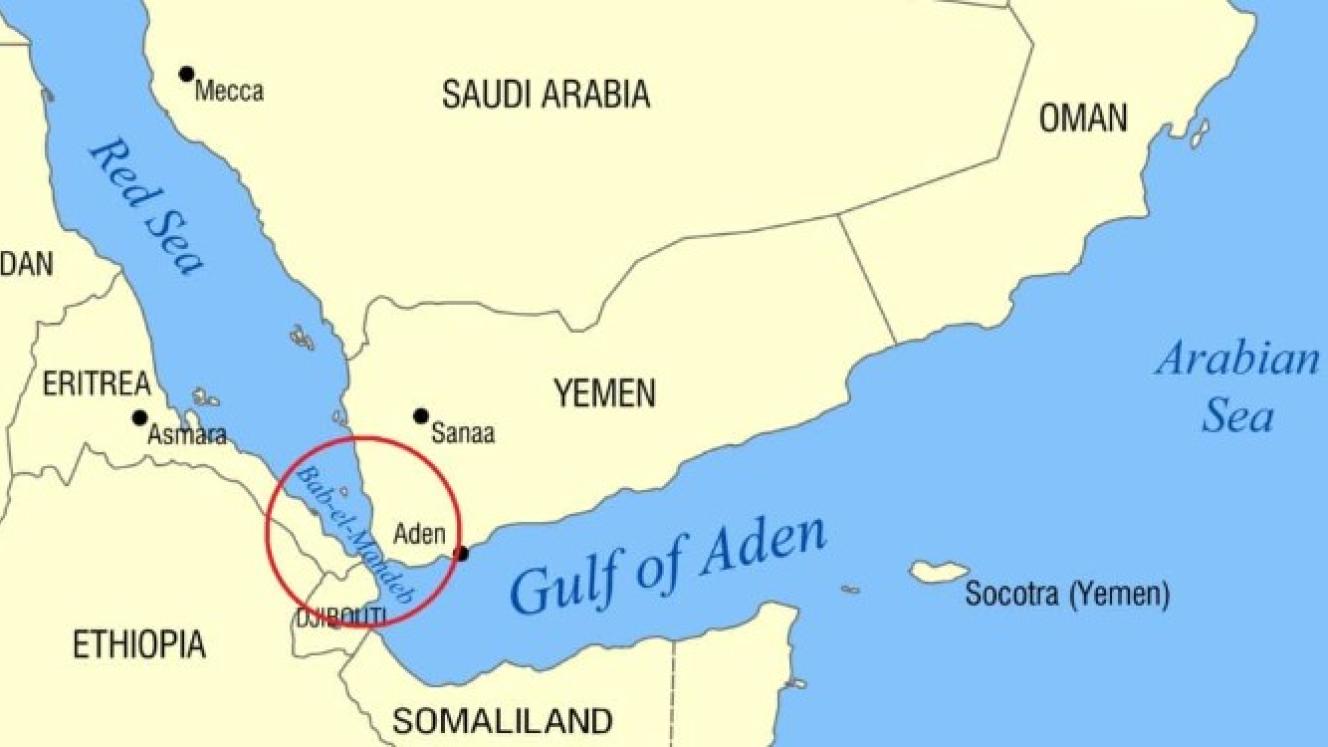The Houthis, a Yemeni group who strongly oppose the Gaza war and Israel’s invasion of the Gaza strip, first began attacking commercial shipping vessels affiliated with Israel passing through the Red Sea on November 19, 2023 when they boarded the Galaxy Leader (roll-on roll-off car carrier) using a military helicopter and detained its 25 crew members.
Over 90 attacks have followed since, with the Houthis’ strategy expanding into a multi-phase operation targeting vessels with alleged links to Israel, the United States, and the UK.
While many commercial ships associated with the US and the UK returned to the Red Sea in late January 2025 after the Houthis announced a partial cessation of their attacks on commercial shipping following the 2025 Gaza war ceasefire, the attacks have not completely ended.
Recent attacks include the sinking of two Liberian-flagged, Greek-owned bulk carriers, the Magic Seas and Eternity C in July.
This transformation of the Red Sea and the Bab-el-Mandeb Strait from a buzzing commercial shipping route into a high-risk zone for global trade has resulted in many global shipping companies re-routing around the Cape of Good Hope, adding around 10-14 days to transit time and increasing costs.
But aside from re-routing, what else can owners and charterers do? Some have opted to seek ‘clearance’ to transit the Red Sea from the Houthis, who established their ‘Humanitarian Operations Coordination Center’ (HOCC) in February 2024.
The HOCC issues warnings to Israeli-linked vessels, and can provide ‘guidance’ to companies wishing to transit safely.
However, there is of course no guarantee of safety, and while some vessels have reportedly avoided attacks by complying with Houthi-issued warnings or avoiding Israeli-linked ports, this method of seeking ‘clearance’ has its legal and practical complexities.
Ultimately, the decision to transit the Red Sea in 2025 is not merely a logistical one. Rather, it is a strategic calculation involving an element of risk.
Crucially, owners and charterers alike must be cooperative with one another to ensure that safe passage remains possible.
Until broader regional tensions ease, the vagaries of engaging with the Houthis will continue to shape the future of maritime trade.
- This article is taken from the website of International Union of Marine Insurance and was written by Richard Neylon, partner at HFW law firm in London, specializing in major incidents and disputes for marine, liability, war, kidnap and ransom.











